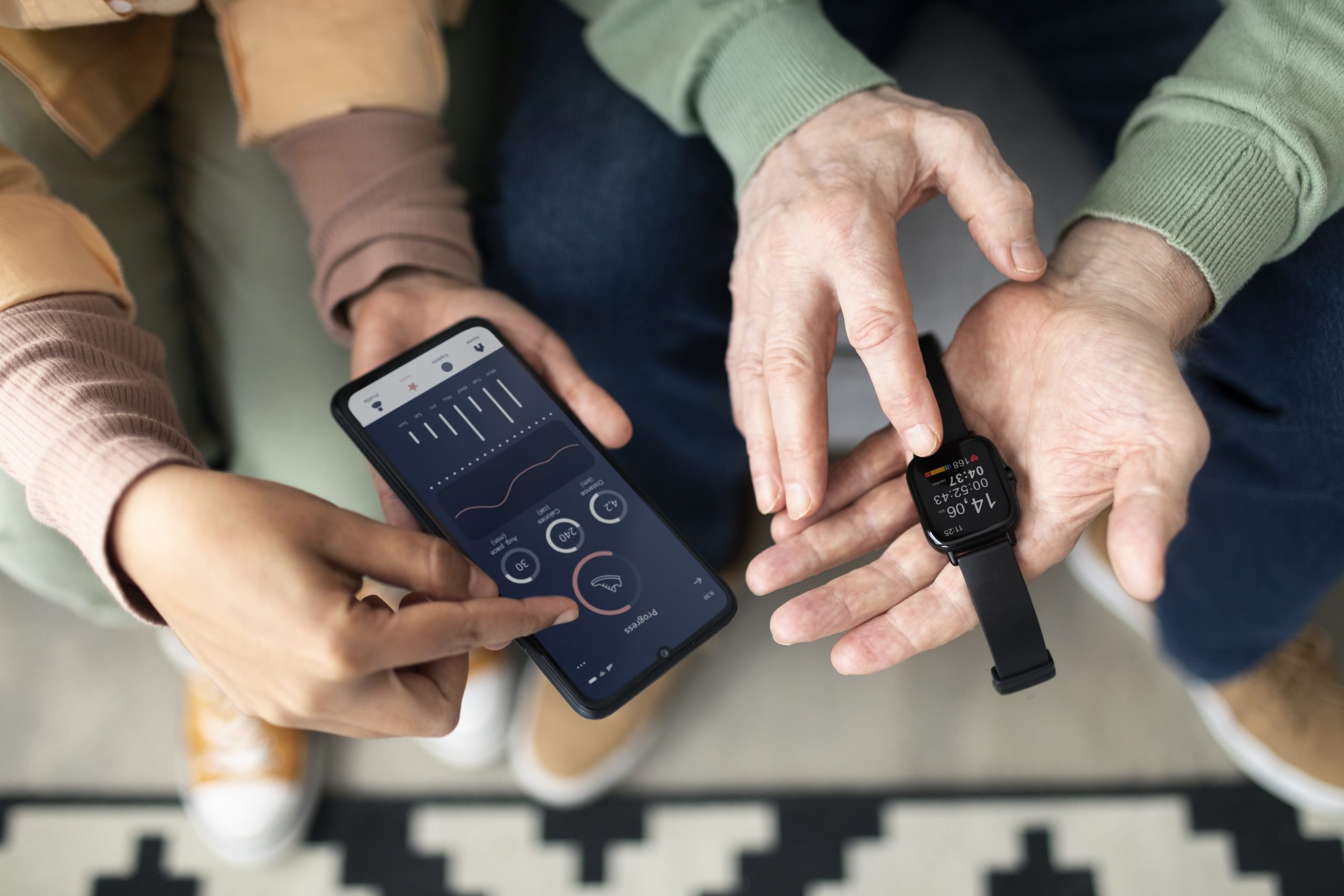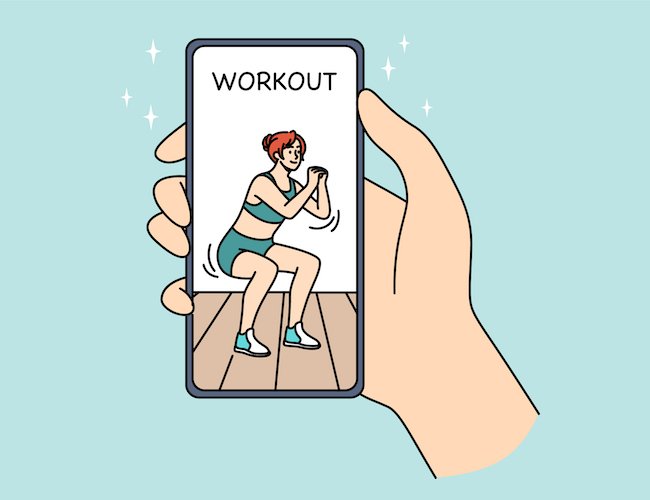Fitbit Changes Calculation For Active Minutes
Estimated reading time: 1 minutes
This article is over 10 years old
Fitbit announced last week that it is changing the way it calculates and displays active minutes for users. Under the new methodology, active minutes will only be attributed if a user participates in an activity for over 10 minutes, which is what the American Heart Association recommends. “This 10-minute rule means that walking to refill your coffee might get you ahead in a step challenge, but it will no longer count toward your active minutes,” the company explained. “It also means that from now on, your active minutes may sometimes appear lower than what you’re used to.” This change will not affect the user’s step count numbers.
Lately, the accuracy of activity-tracking apps and devices has been a point of some contention. In early February, researchers at the University of Pennsylvania conducted a small study and concluded that activity tracking apps on smartphones are equally accurate as fitness tracking wearables when it comes to step counts (and are free). In response to the study, several activity tracking device makers, including Garmin, Misfit, Fitbit, and Jawbone, pointed out that it’s more important if the device is consistent with itself. It gives a valid comparison of a user’s steps yesterday to their steps today, even if that step count is a little bit divorced from reality.
Other Articles In Wellness Technologies
How AI Wellness Chatbots Can Bridge The Mental Healthcare Accessibility Gap
One-third of companies offer wellness chatbots as part of their benefits packages. Weigh their pros and cons for a balanced approach to employee mental health.
Lifestyle Spending Account: Comprehensive Guide & Top Providers
Lifestyle spending accounts are flexible benefits accounts that employees can use as perk stipends to pay for health and wellness services or products.
Apple Watch Sales Halt: What’s Behind It?
Apple has halted sales of some Apple Watch models in the US due to a patent dispute with Masimo. Explore what’s behind this legal battle.
The AI Revolution In Primary Care: Are We Ready?
One in three patients are ready for AI-led primary care. What does this mean for the field of health care and the world of employee wellness?
Top 40 AI Tools for HR Teams in 2026
AI is revolutionizing HR, streamlining tasks, and enhancing employee experience, but its integration is not without hurdles. Explore our detailed guide to AI HR tools.
Health At Hand: Evolution, Impact, & Future Of Wearable Devices
Explore the impact, applications, and future trajectory of wearable devices in the workplace and beyond.
Apple’s AI-Powered Coaching Service: Will Quartz Be A Personal Trainer In Your Pocket?
Apple is reportedly releasing an AI health coaching service in 2024, codenamed “Quartz”. Explore the benefits, drawbacks, and implications of AI health coaching.
Carbon Savings Accounts: Sustainability Meets Financial Wellness
Introducing the innovative employee benefit to promote sustainability: the carbon savings account (CSA). Learn what CSAs are and why they are an integral part of a holistic wellness program.
Study: Only 14% Of Diagnosed Cancers In The US Are Detected By Screening
Despite the inefficacy of biometric screenings, organizations continue to invest in them. Explore alternative solutions organizations should implement.
10 Under-The-Radar Health & Fitness Apps To Re-Energize Your Routine
With so many fitness apps out there, there’s something for everyone, but it can be difficult to sort through the clutter and to discover new and engaging ways to get and stay fit. Here are ten “under-the-radar” apps that are experimenting with interesting ways to make fitness more engaging.












